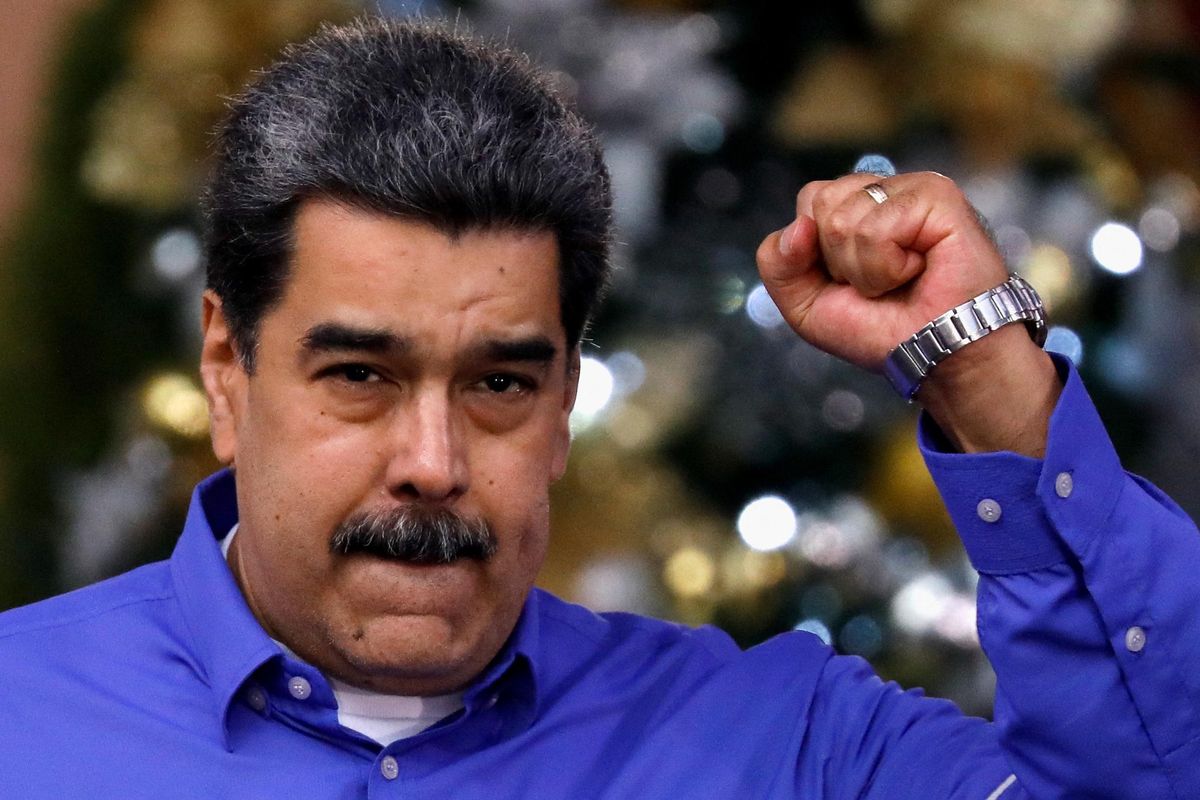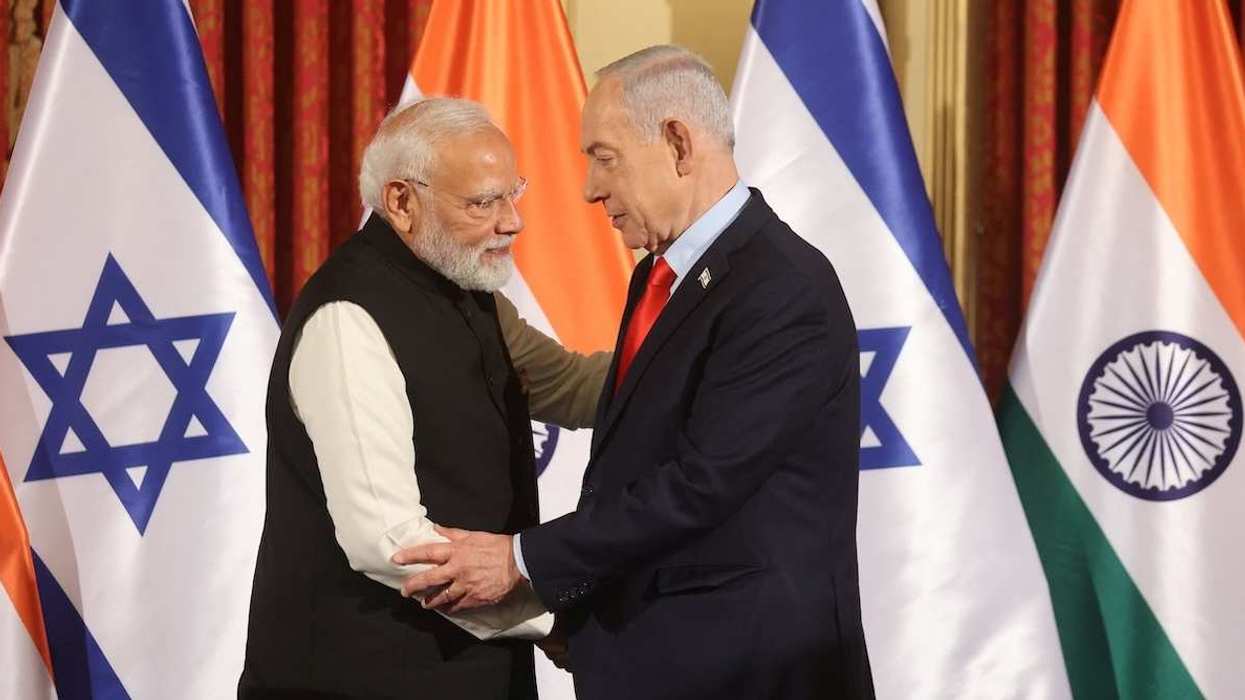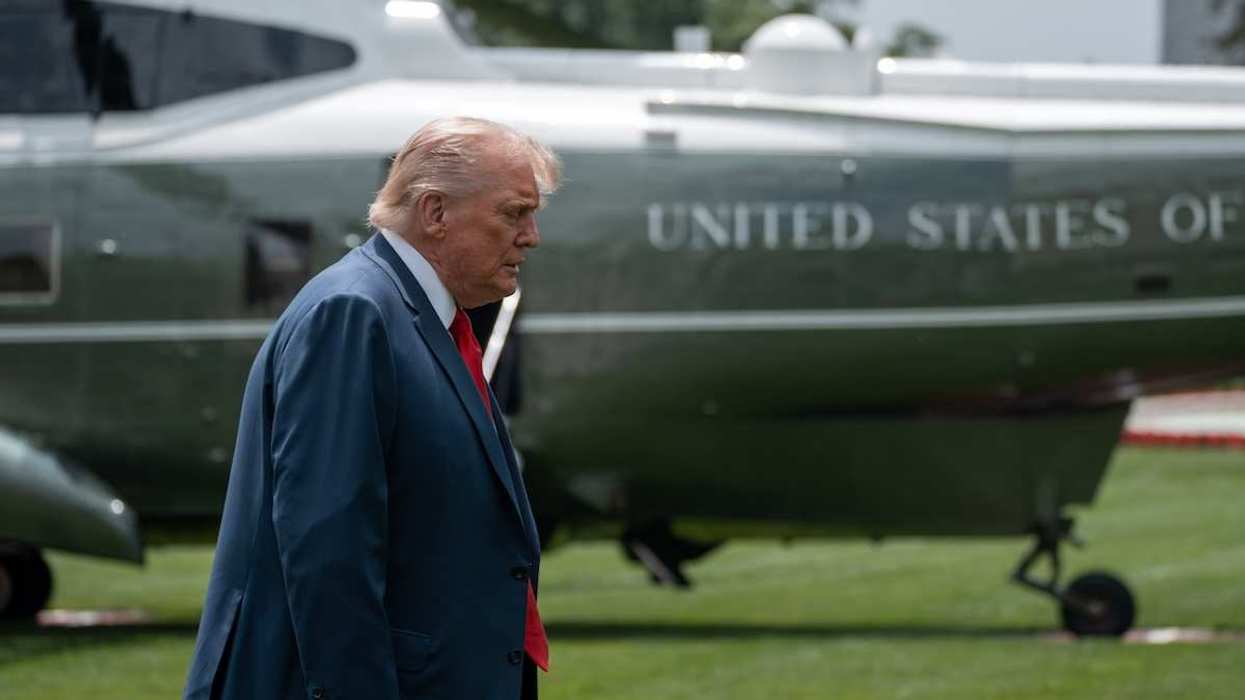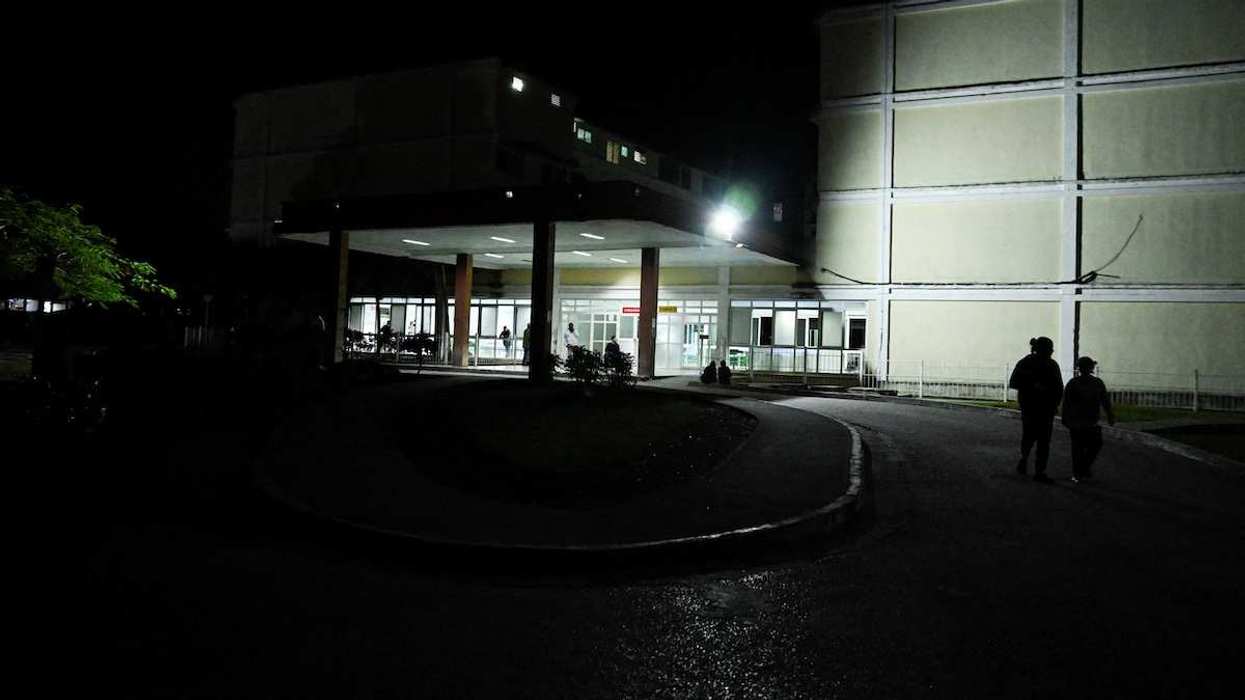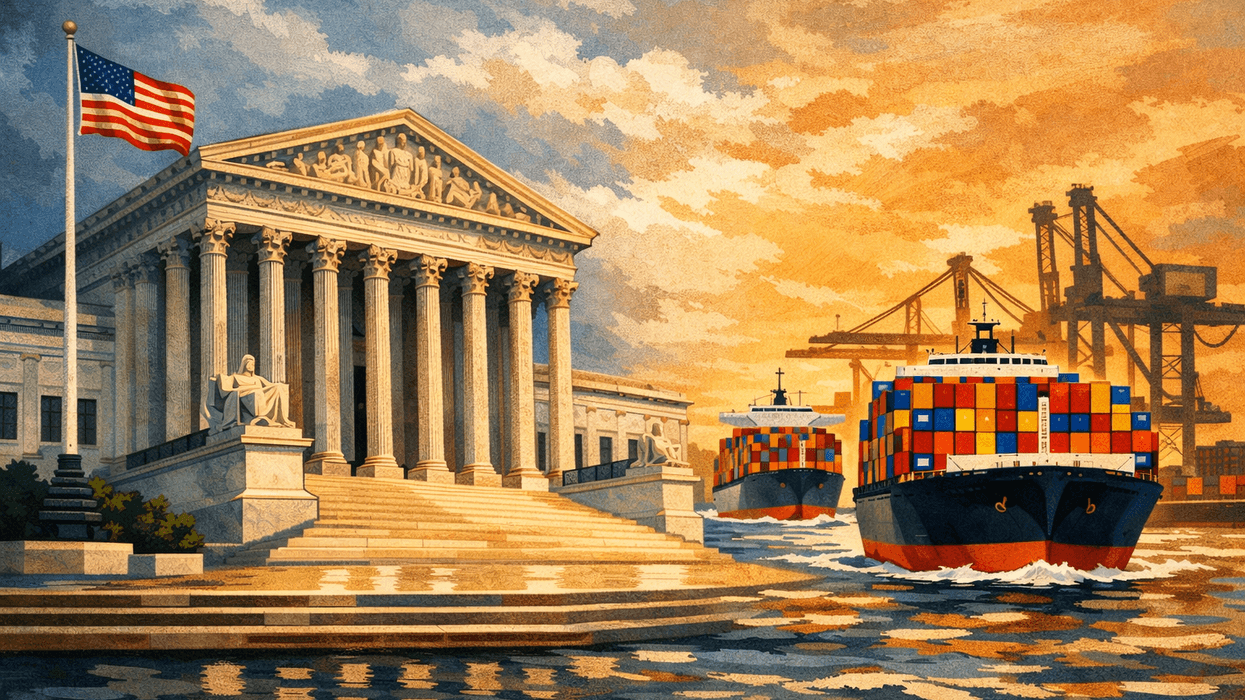You can isolate some of the oil-rich strongmen all of the time, or all of the oil-rich strongmen some of the time, but that’s about it these days, as Joe Biden is quickly learning.
Last week, it emerged that the White House is exploring ways to relax certain sanctions against the Venezuelan regime of Nicolás Maduro. Under a proposed deal, Washington would allow US oil major Chevron to resume exporting oil from the country while Maduro, for his part, would agree to restart talks with the opposition about free and fair elections.
As a reminder, a 2018 crisis brought on by Maduro’s repression and economic mismanagement drove millions of Venezuelans abroad. It also landed the country under “maximum pressure” financial and energy sanctions from the US, which were designed to squeeze Maduro — the heir to “21st Century Socialist” Hugo Chávez — from power.
Spoiler: it failed. Maduro and his cronies stuck it out, aided by a fractious opposition that squandered the confidence of its foreign backers. Now things are looking up for Maduro.
The Ukraine war is, of course, exacerbating a global energy crunch. And with the West seeking to isolate one oil superpower – Russia – Washington has had to look elsewhere for help bringing down prices.
Last week’s OPEC+ decision to cut production by 2 million barrels per day was a slap in the face to Biden. Washington had urged its eternal frenemies the Saudis to boost output to ease global price pressures and punch a hole in Vladimir Putin’s war chest. All of that has suddenly cast Venezuela, owner of the world’s largest oil reserves, in an even softer light as a longer-term option for getting more barrels back onto the market. The country once pumped as much as 3.5 million barrels daily before mismanagement and sanctions wrecked the industry. Today’s output is barely even 700,000 barrels.
And it’s not just the global context that’s changed, according to Risa Grais-Targow, a Latin America specialist at Eurasia Group. “The entire region is basically leftist now,” she says, “or it really will be when Lula wins in Brazil, so there's just no coalition there behind the US policy stance on Venezuela anymore.”
As if to underscore the point, Colombia, the US’ closest ally in the region, recently elected its first left-wing president, Gustavo Petro. One of his first steps was to reestablish ties with neighboring Venezuela, which his center-right predecessor had cut. (You can see GZERO’s full interview with Petro here.)
Would sanctions relief really change things in Venezuela? It would give the regime a fresh revenue stream, as Chevron has joint ventures with the state oil company, PDVSA. And signaling a thaw in US-Venezuela ties would help Caracas sell its oil to China and other Asian buyers at something closer to full price – for years, PDVSA has had to sell to them at knockdown rates over fears that the US might impose financial sanctions on any countries that buy from Venezuela.
What’s more, a deal could also lead to the US unfreezing some of the Maduro government’s funds pending a pact with the opposition to spend the money on humanitarian relief. Although the IMF sees Venezuela’s GDP growing 6% this year, it has fallen more than 80% over the past decade. More than a quarter of Venezuelans remain undernourished, according to the UN, and migrants continue to flee the country in large numbers.
Will Maduro actually make real concessions? A return to talks with the opposition probably isn’t hard for Maduro to agree to, says Grais-Targow. The bigger question is whether he’d really accept a free and fair election in 2024. Until now, the government has used all kinds of legal tricks to tilt the field in its favor, and the opposition boycotted the vote entirely in 2018.
Maduro is powerful but not necessarily popular. In regional elections earlier this year, opposition candidates did surprisingly well, even in some Maduro strongholds. In a truly free and fair vote – which the government hasn’t allowed in years – the opposition might stand a chance if it were able to unify behind a single candidate.
To underscore the point, earlier this week, after Venezuela’s opposition announced it would do just that in 2024, the president immediately announced that he might move the general election up to 2022, just to throw his opponents off balance.
All of that puts the question back in the White House’s court. How much is it willing to concede to a Venezuelan strongman who is suddenly approaching Tío Sam and the opposition from a position of relative strength? With the global energy crunch set to last for the foreseeable future, who really has whom over a barrel?
This article comes to you from the Signal newsletter team of GZERO Media. Sign up today.
